Principal Investigator
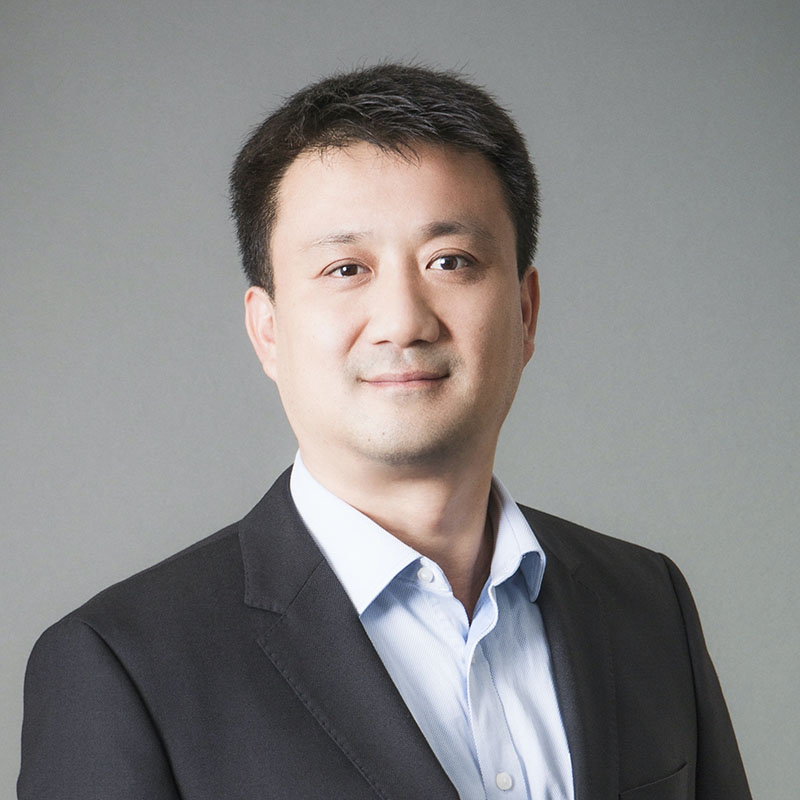
Dong Song
Dong Song is an Associate Professor of Neurological Surgery and Biomedical Engineering, and Director of the USC Neural Modeling and Interface Laboratory. His research interests include nonlinear dynamical modeling of the nervous system, hippocampal memory prosthesis, neural interface technologies, and development of novel modeling strategies incorporating both mechanistic and input-output modeling methods. He received his B.S. degree in Biophysics from the University of Science and Technology of China in 1994, and his Ph.D. degree in Biomedical Engineering from the University of Southern California in 2004. He received the James H. Zumberge Individual Award at USC in 2008, the Outstanding Paper Award of IEEE Transactions on Neural Systems and Rehabilitation Engineering in 2013, and the Society for Brain Mapping and Therapeutics Young Investigator Award in 2018. Dr. Song’s research is supported by DARPA, NSF, and NIH.
Postdoctoral Researchers
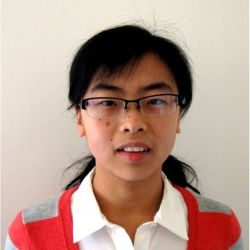
Huijing Xu
Huijing Xu received her Ph. D. in Biomedical Engineering at the University of Southern California in 2019. After graduation, she joined the USC Neural Modeling and Interface lab where she works under the direction of Professor Dong Song. Her research focuses on the development of novel neural interfacing techniques and the understanding of the function of the hippocampus in memory processing. Specifically, she works on the design and development of conformal multi-electrode arrays that can recording neural activities from multiple sub-regions of the hippocampus simultaneously from behaving animals and to conduct behavioral experiments to study the information transformation within the hippocampus tri-synaptic circuit.
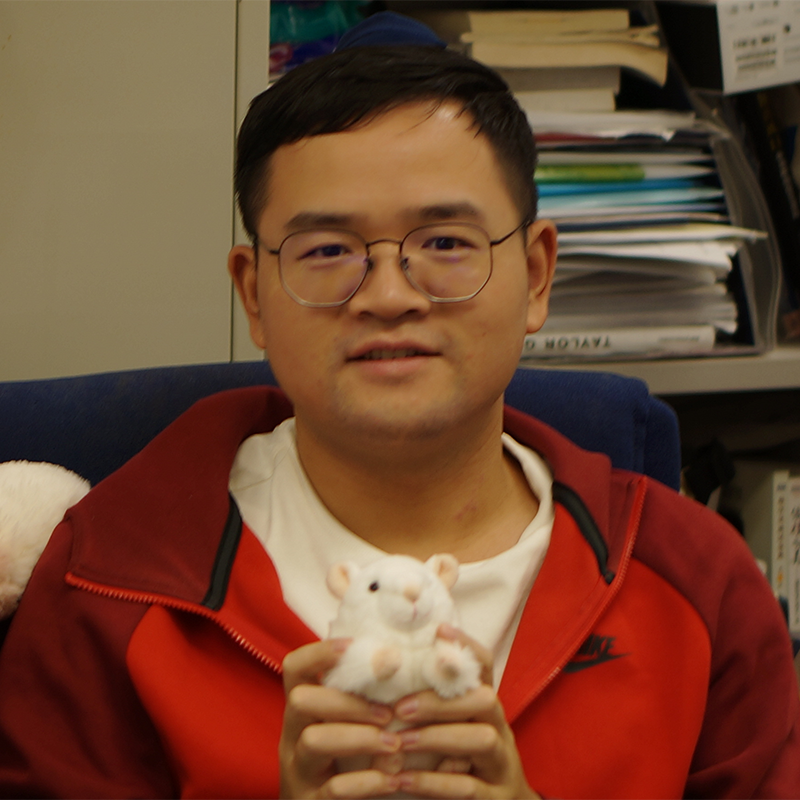
Xiang Zhang
Xiang Zhang completed his Bachelor of Science degree in Electronic Information and Communications at Huazhong University of Science and Technology in 2013. He then obtained his Master of Philosophy in Electronic and Computer Engineering from the Hong Kong University of Science and Technology (HKUST) in 2016, followed by a Doctor of Philosophy in the same field from HKUST in 2022. After that, he joined the Computational Cognitive Engineering Lab at HKUST as a postdoctoral researcher in 2023. He currently works as a research associate at the USC Neural Modeling and Interface Lab.
His research interest is applying interpretable computational models to brain-machine interfaces, including reinforcement learning, kernel method, transfer learning, and state-observation model.
Ph.D. Students

Bryan Moore
Bryan Moore earned dual-degrees in Biochemistry and Philosophy at Virginia Tech. He attended medical school and earned his MD at the Medical College of Virginia at Virginia Commonwealth University. He completed a clinical Neurology residency at NYU and a clinical Neurocritical Care fellowship at the Hospital of the University of Pennsylvania, where he concurrently completed a post-doc research fellowship at the University of Pennsylvania Computational Memory Lab. After fellowships, he joined the University of Minnesota as an Assistant Professor (Affiliate) in the Department of Neurology with a clinical appointment at Hennepin County Medical Center as a Staff Neurointensivist and Medical Director of Stroke. Dr Moore is boarded in Neurology and in Neurocritical Care. He completed a Masters in Information and Data Science (MIDS) at the University of California, Berkeley before joining the USC Neural Modeling and Interface Lab at USC. His current research involves using deep learning to capture the nonlinear functions that guide spike transformations between layers of neurons in the brain.
He is the proud owner of three cats.
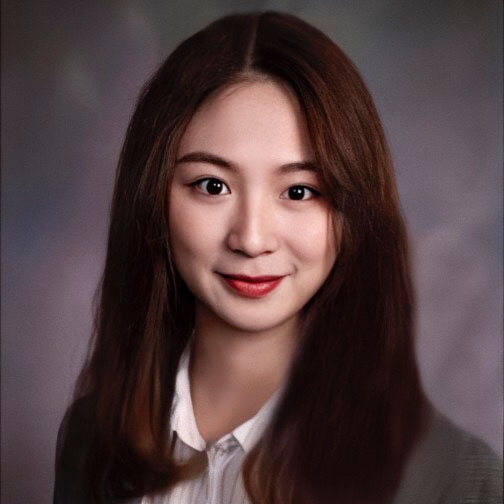
Zhouxiao Lu
Zhouxiao Lu is a Ph.D. student at the Department of Biomedical Engineering. She graduated with a B.S. in Biomedical Engineering and a minor in neuroscience from the University of North Carolina at Chapel Hill in 2020. Zhouxiao had experience in animal experiments and is interested in neurotechnology, especially brain-machine interfaces. She enjoys circuit design, hardware programming, and signal processing. Zhouxiao is passionate about the diagnosis and treatment of neurological disorders such as Alzheimer’s Disease.
In her leisure time, Zhouxiao enjoys cooking, hanging out with friends, and playing video games.
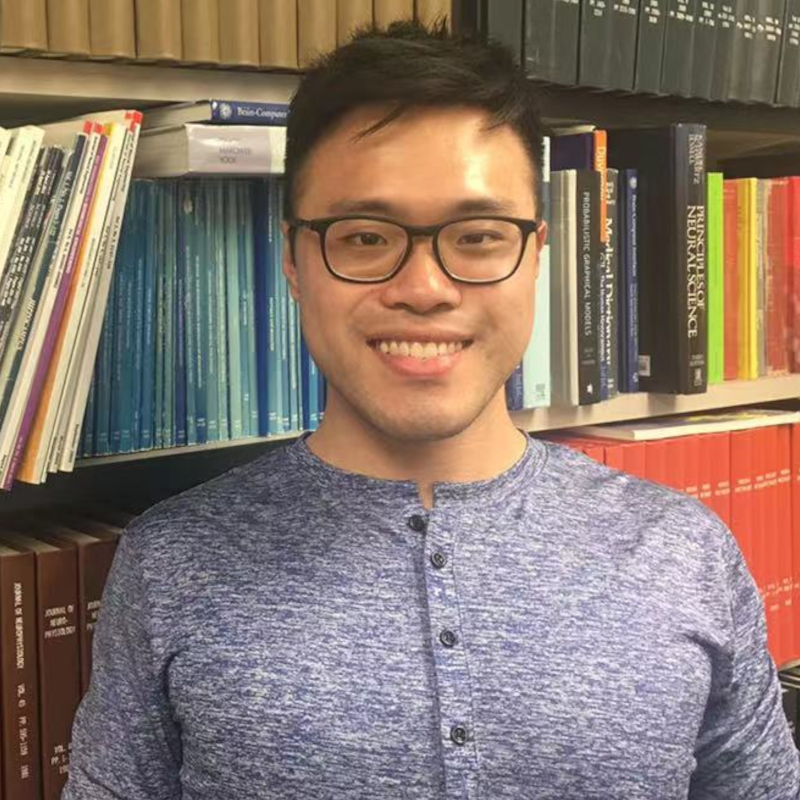
Chenlin Xu
Chenlin Xu is a Ph.D. student at the Department of Biomedical Engineering at the University of Southern California and joined the lab in 2022 as research assistant. He received a B.Eng. degree in Chemical Engineering from Harbin Engineering University in China and the M.S. degree in Biomedical Engineering from Duke University in US. His current research focus on using machine learning to build large-scale hippocampal model to study cognitive functions and develop novel brain- inspired algorithm. He has keen interest in AI, neurotechnology, and all kinds of topics pertain to bioelectronics. Outside the lab, he enjoys playing piano, strategy games, road trip, reading, and acting in theater.

Chen Sun
Chen Sun is a Ph.D. student in Biomedical Engineering at the University of Southern California, who joined the lab as a research assistant in 2023. Chen earned his H.B.Sc. in Computer Science with an AI focus from Queen’s University, Canada in 2022 and subsequently researched biologically-inspired evolutionary algorithms for spiking neural networks at the university's Machine Intelligence & Biocomputing (MIB) Laboratory. Currently, His research focuses on modeling the hippocampal signal transformation to identify neural population dynamics and plasticity, from spiking activities recorded in animals during learning and established behaviors. Chen's broadar research interests lie in computational neuroscience, neuromorphic computing, and continuous learning.
Chen also enjoys playing D&D, tennis, squash, and guitar.
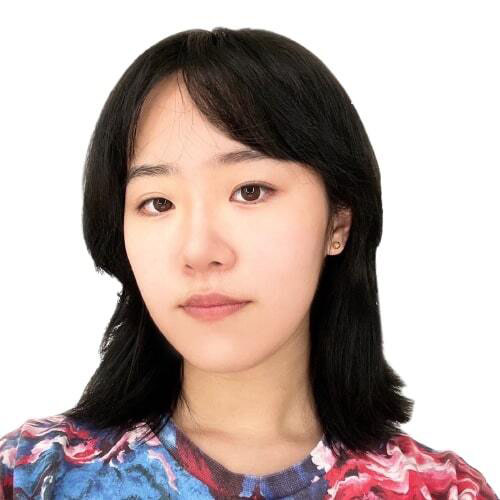
Zihan Jin
Zihan Jin is a Ph.D. student in the Department of Biomedical Engineering. She earned her B.S. degree in Theoretical and Applied Mechanics from SUSTech, China, in 2020, and her M.S. degree in Biomedical Engineering from the University of Southern California in 2023. Her current research focuses on LTSP-induced behavioral paradigms and MEA recording to develop a combined experimental-modeling approach for identifying neural population dynamics and plasticity. Zihan has experience in behavioral experiments and is undergoing training in rodent surgery, micro-electrode implantation, and MEA recording under the mentorship of Professor Dong Song and Dr. Huijing Xu. Additionally, she has acquired skills in MIMO modeling, spike sorting, and data analysis to support her work in developing behavioral paradigms and processing MEA recordings. Her motivation stems from a desire to help people suffering from neurological disorders by restoring and enhancing their memory function.
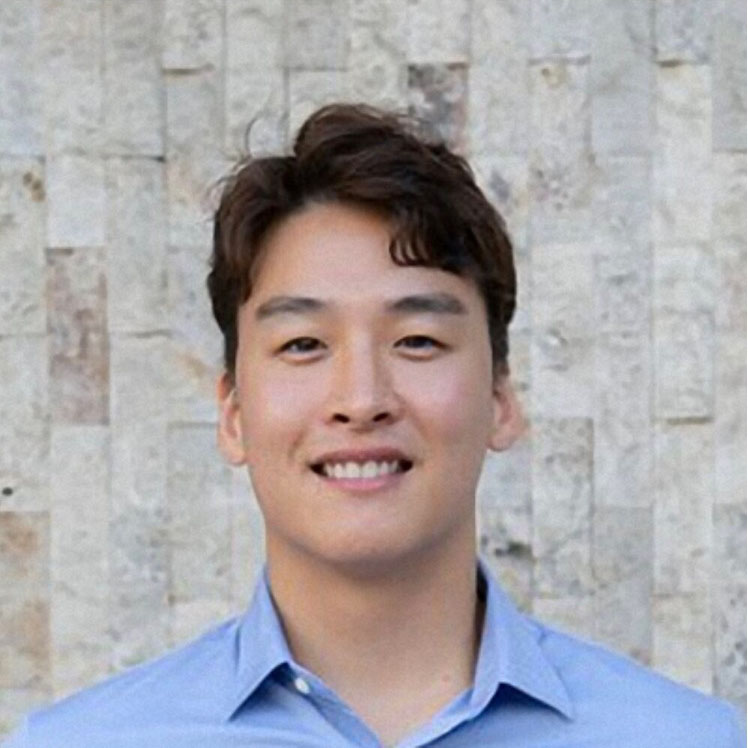
Wooseong Choi
Wooseong Choi is an MD-PhD student at the University of Southern California. He received his undergraduate degree in molecular and cellular biology from Vanderbilt University. His research in the lab focuses on revealing the mechanisms of transcranial magnetic stimulation and optimizing this neuromodulatory technique for restoring cognitive function. He aspires to become a neurosurgeon who can bring advancements in neural engineering to patients with neurological and psychiatric disorders.
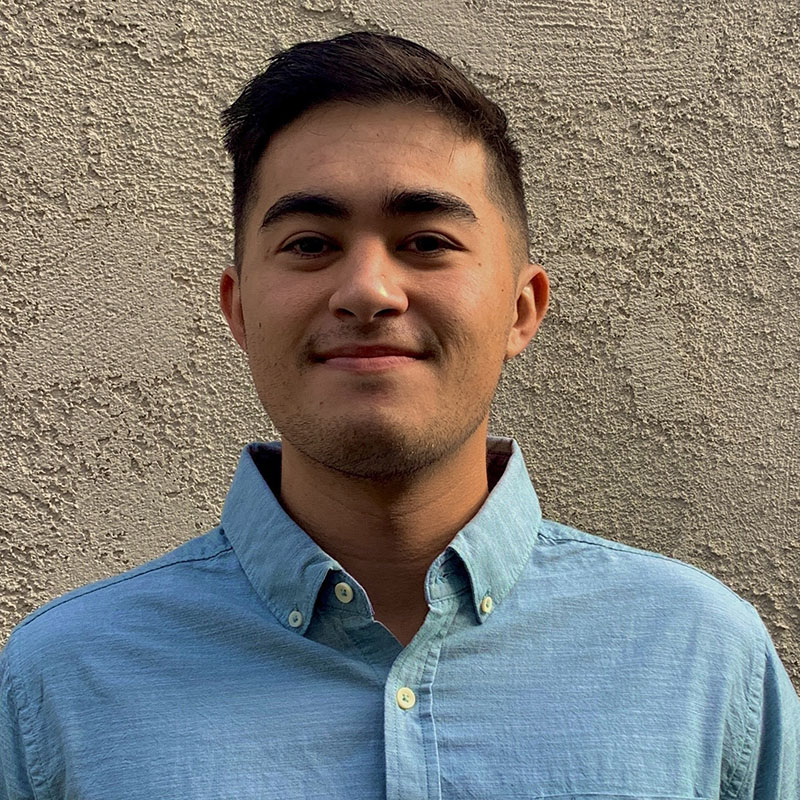
Mark McHugh
Mark McHugh is a dedicated researcher in the field of neural engineering. In 2022, He earned his master’s degree in Biological Engineering from the University of California, Riverside. He specialized in neuroengineering and neuroimaging and plans to lay the foundation to become a leader in the development of cutting-edge neural interface technologies. His passion for understanding and advancing cognitive functions aligns perfectly with the groundbreaking work of the team.
Mark's research interests encompass the development of neural interfaces, exploring brain functions during behavioral tasks, and is particularly drawn to the team's overarching goal of building biomimetic devices to treat neurological disorders. Mark aspires to contribute significantly to the field and is actively working toward achieving a Ph.D in Biomedical Engineering.
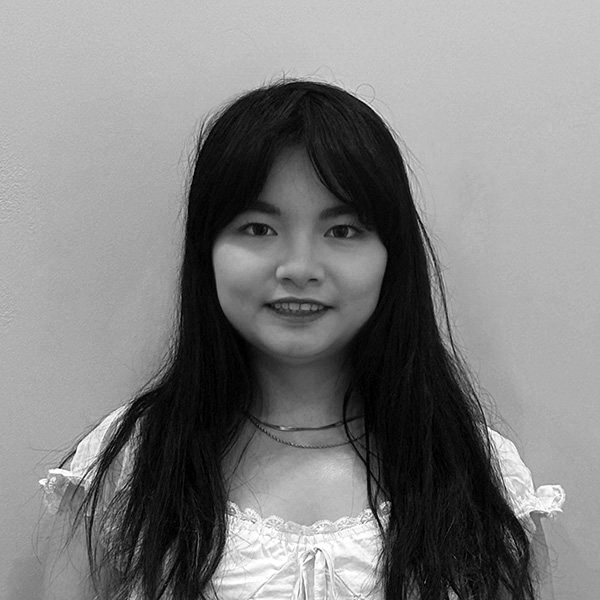
Zixin Chen
Zixin Chen is a Ph.D. student in the Department of Biomedical Engineering. She received the BS in University of California Berkeley, and the MS in Carnegie Mellon University. She has experience in animal surgery, cell culture, math modeling and hardware design.
Zixin's future goal is to bridge scientific research with entrepreneurship in medical devices.
Master's Students
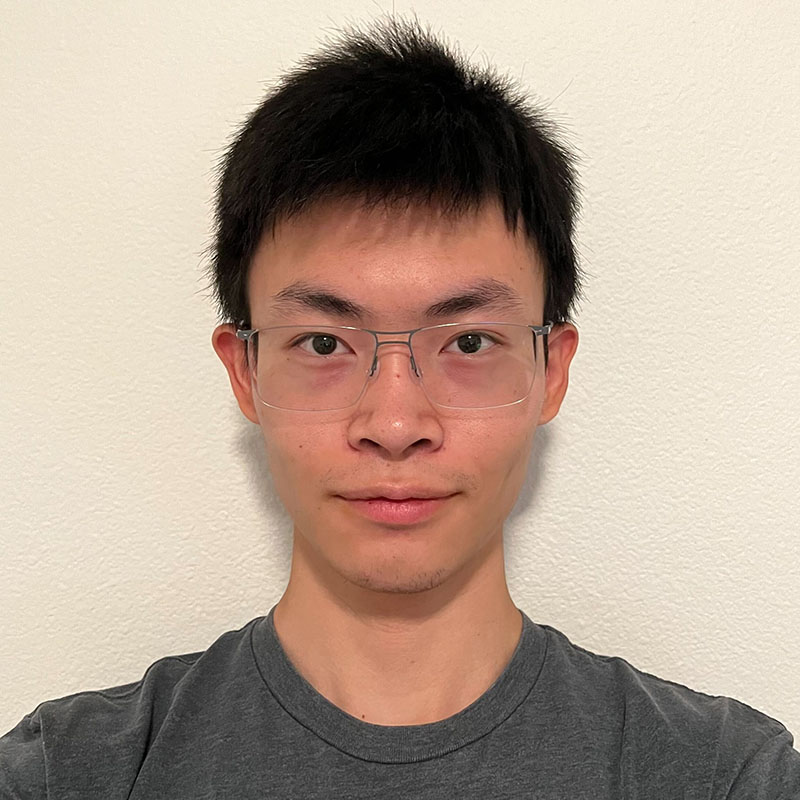
Junshi Chen
Junshi Chen is a graduate student currently enrolled in the Master of Neuroimaging and Informatics program at the University of Southern California (USC). He earned his B. S. degree in Neuroscience from the University of Colorado Boulder in 2023 and Magna Cum Laude in Psychology. Upon completion of his master's degree, he aspires to further his academic pursuits by enrolling in a Ph.D. program in Computational Neuroscience. His ultimate academic goal is to make substantial contributions to the field of neural engineering.
Outside of his academic, he maintains a balanced lifestyle by participating in physical fitness, immersing himself in novels and video gaming for relaxation.
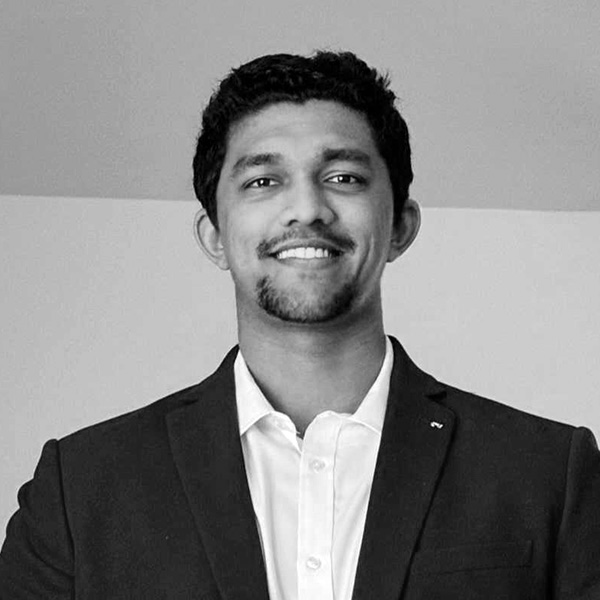
Shreyas Dhiraj Patil
Shreyas Patil is a Master’s student in the Department of Biomedical Engineering at the University of Southern California. He earned his B.Tech in Bioengineering from the MIT School of Bioengineering Sciences and Research in 2021. His research and project experience span across various domains, including the development of an automated oxygen blender and the design, development and fabrication of laryngeal surgical instruments, and design of an assistive foot prosthesis for hemiplegic patients. Shreyas has expertise in medical device design, biomechanics, co trol systems, signal processing, and regulatory compliance. He aims to enhance the quality of life for individuals with mobility and neurological impairments.
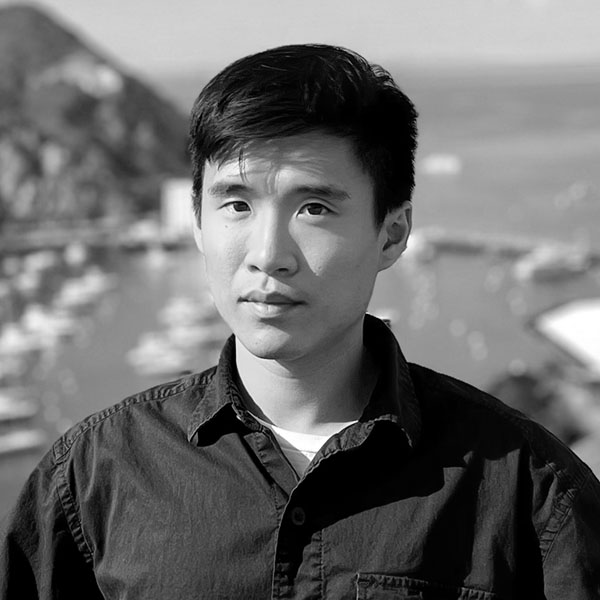
Kun-Wei Yeh
James Yeh (Kun-Wei Yeh) is currently pursuing his Master's degree in Biomedical Engineering at the University of Southern California. He received his B.S. in Biomedical Engineering from the University of California, Los Angeles, in 2023. James has a diverse research background that includes T-cell activating cell fabrication and the development of automated systems for behavioral analysis using DeepLabCut. His primary research interest lies in neural engineering, with a focus on advancing brain-machine interface technologies. Upon joining Dr. Song’s lab, James aims to gain training in rodent surgery, electrode probe implantation, and signal analysis. He aspires to become an R&D engineer in the biotech industry, contributing to the development of innovative devices designed to restore cognitive functions in patients.
Outside of his academic pursuits, James enjoys hiking, exploring the scenic viewpoints around Los Angeles, and hanging out with friends.
Undergraduate Students
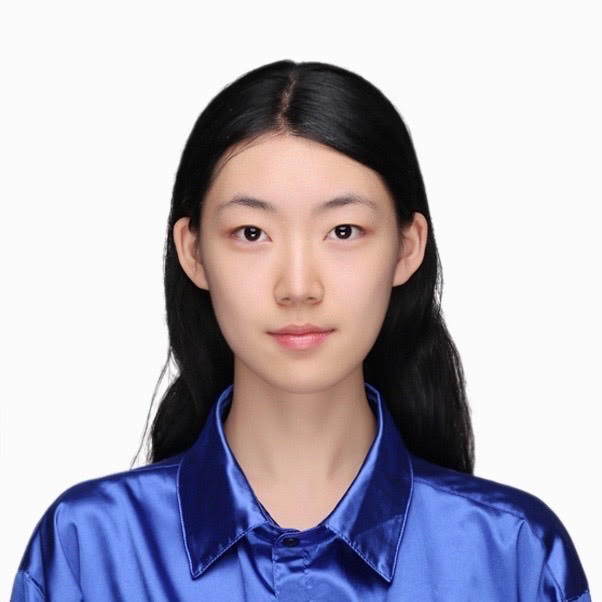
Ziyue Zhu
Ziyue Zhu is an undergraduate student majoring in Biomedical Engineering at USC. She joined the lab since Spring 2022. She has expeirence in rodent behavioral experiments and is currently getting trained to perform rodent sugery, electrode probe/bio-sensor implanation, and data analysis. Ziyue wishes to pursue a Ph.D in Biomedical Engineering in the future.
In her free time, she enjoys spending time with family and friends, singing, playing guitar and doing music production.

Christopher Hsu
Christopher Hsu is an undergraduate student majoring in Computational Neuroscience. He has experience in rodent behavioral experiments and signal analysis. In addition to modeling of the hippocampus, he is interested in developing safer and higher-resolution implants for brain-computer interfaces and cognitive enhancement. He hopes to pursue a PhD in BME to conduct research for the neurotech industry.
In his free time, Chris enjoys reading, watching movies, tinkering with electronics, and hanging out with animals.

Santie Mckenzie
Santie McKenzie is a Computational Neuroscience student with a minor in AI Applications. She is currently the president of NeurotechUSC, the student computational neurotechnology society. She's previously worked in a wetlab signal transduction neurobiology laboratory as well as a neural network modeling lab. She joined the lab April 2023 to work on research contributing to connectomics. Interested in brain-machine interfaces and neural signal processing, she hopes to pursue a PhD in BME or EE to join industry for Neurotechnology.

Lily Wu
Lily is an undergraduate double majoring in Applied and Computational Mathematics and Cognitive Science with an emphasis on computer science. She is interested in human cognitive functions and emerging neural technologies, especially brain-machine interfaces. Lily is passionate about exploring the connections between the brain and cognitive functions and building computational models to simulate brain activity and learning processes. She hopes to join the neurotech industry in the future and contribute to the development of treatments for neurological disorders.
Outside of school, she enjoys hiking, painting, reading, and taking pictures of cats. She is also expanding her interest in user interface and experience design and AI applications.

Jenny Lin
Jenny is a Biomedical engineering student with an emphasis on Electrical engineering who joined the lab in September 2024. She is interested in computational bioengineering, specifically computational bioimaging. Jenny has experience in a lab developing optical techniques such as volume holographic microscopy, endoscopy, multiplane confocal microscopy, nano-photonics imaging, structured light, and light sheet microscopy. Upon joining Dr Song’s lab, Jenny is very interested in exploring how deep learning can be leveraged to enhance the effectiveness and precision of complex neural interface modelling.
Jenny enjoys playing badminton, bouldering, learning the Guzheng, and going to the beach in her spare time.
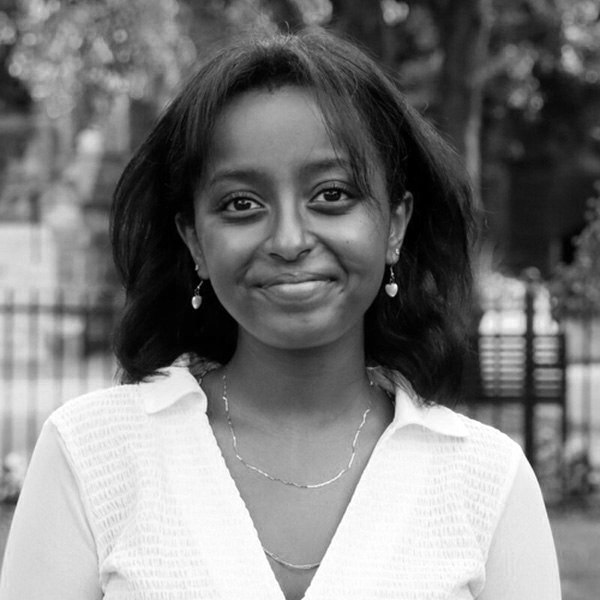
Mahlet Messay
Mahlet Messay is a Biomedical Engineering student working toward an Electrical Engineering emphasis. She previously conducted research at Georgetown University relating to neuroethics. She joined the lab in September of 2024 during her freshman year to contribute to transcranial magnetic stimulation projects. Intrigued with neurotechnology, she hopes to pursue her master’s degree in BME to join the field.

Ella Rawlings
Ella Rawlings is an undergraduate researcher at the USC Neural Modeling and Interface Lab, where she focuses on advancing neural interface technologies to improve brain function and recovery. Pursuing a degree in Biomedical Engineering with an emphasis in Mechanical Engineering, Ella's passion for neurotechnology is driven by her personal experiences with concussions and TBIs, motivating her to find innovative medical solutions. She is dedicated to exploring the potential of brain-computer interfaces and neurostimulation techniques for cognitive enhancement and rehabilitation, and is committed to contributing to the lab's mission of pioneering breakthroughs in neural engineering and human-machine interaction.
Outside of research, Ella loves to hike, cook, dance, and spend time with friends and family.

